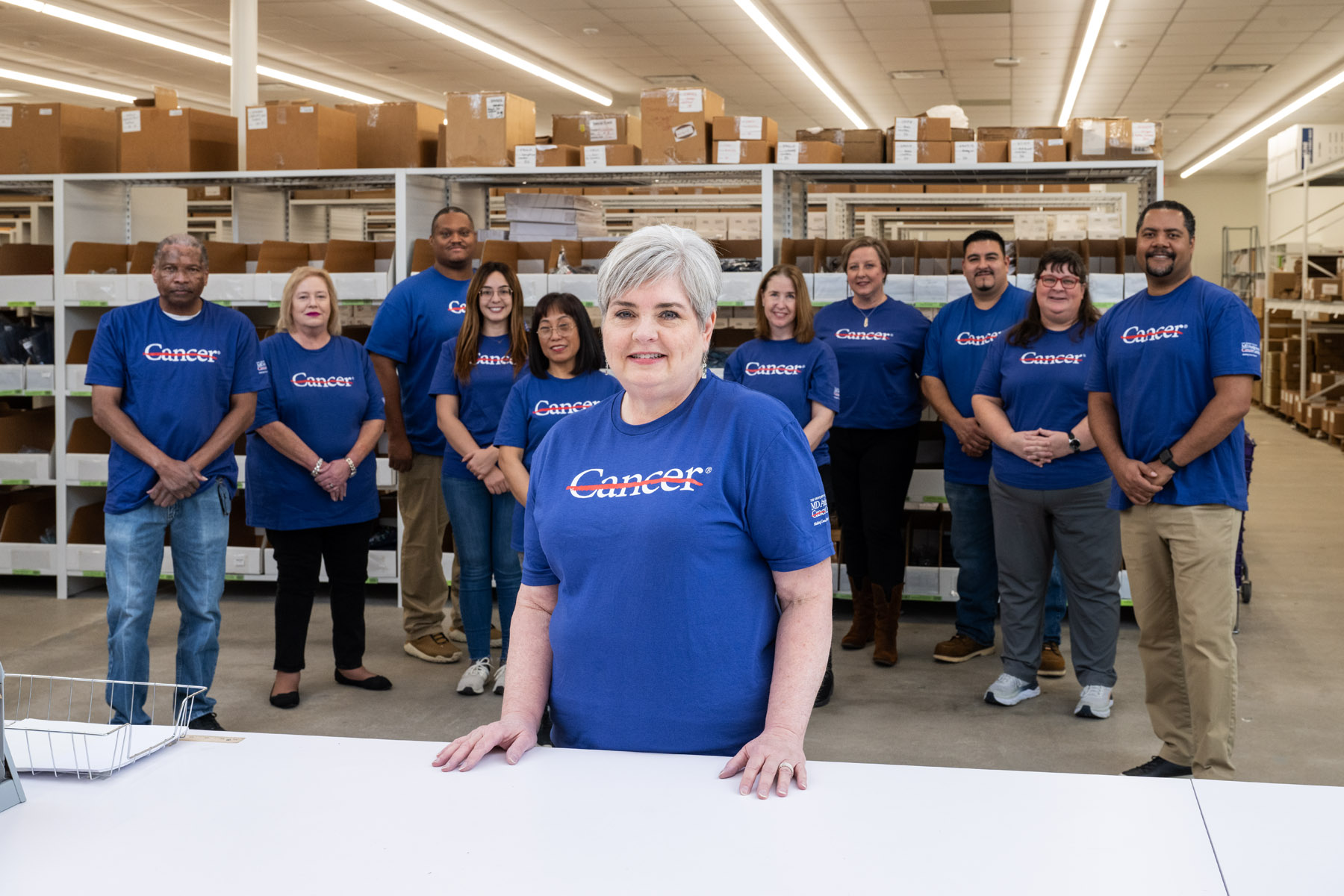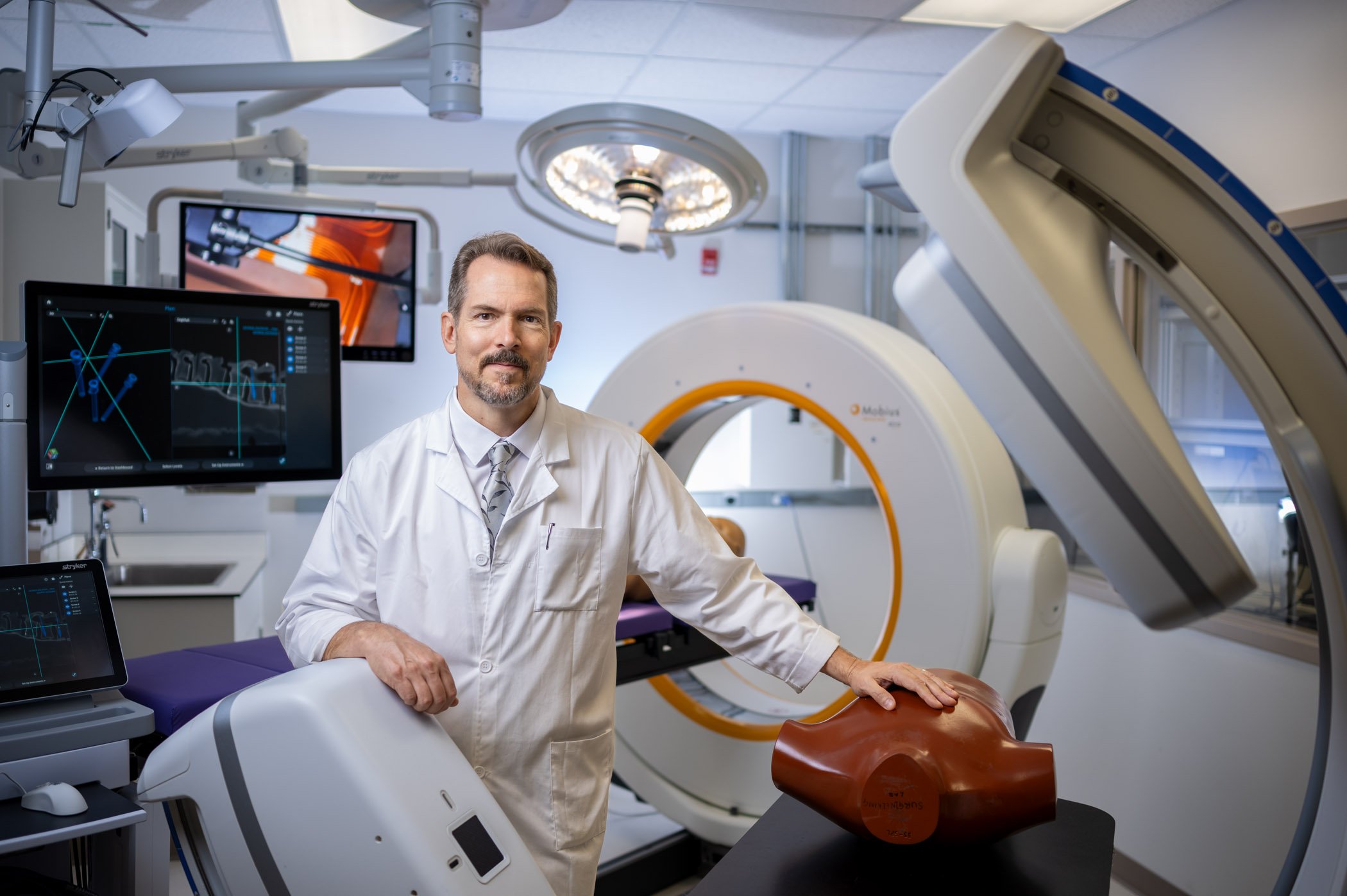- Diseases
- Acoustic Neuroma (14)
- Adrenal Gland Tumor (24)
- Anal Cancer (66)
- Anemia (2)
- Appendix Cancer (16)
- Bile Duct Cancer (26)
- Bladder Cancer (68)
- Brain Metastases (28)
- Brain Tumor (230)
- Breast Cancer (718)
- Breast Implant-Associated Anaplastic Large Cell Lymphoma (2)
- Cancer of Unknown Primary (4)
- Carcinoid Tumor (8)
- Cervical Cancer (154)
- Colon Cancer (164)
- Colorectal Cancer (110)
- Endocrine Tumor (4)
- Esophageal Cancer (42)
- Eye Cancer (36)
- Fallopian Tube Cancer (6)
- Germ Cell Tumor (4)
- Gestational Trophoblastic Disease (2)
- Head and Neck Cancer (6)
- Kidney Cancer (124)
- Leukemia (344)
- Liver Cancer (50)
- Lung Cancer (288)
- Lymphoma (284)
- Mesothelioma (14)
- Metastasis (30)
- Multiple Myeloma (98)
- Myelodysplastic Syndrome (60)
- Myeloproliferative Neoplasm (4)
- Neuroendocrine Tumors (16)
- Oral Cancer (100)
- Ovarian Cancer (170)
- Pancreatic Cancer (164)
- Parathyroid Disease (2)
- Penile Cancer (14)
- Pituitary Tumor (6)
- Prostate Cancer (144)
- Rectal Cancer (58)
- Renal Medullary Carcinoma (6)
- Salivary Gland Cancer (14)
- Sarcoma (236)
- Skin Cancer (296)
- Skull Base Tumors (56)
- Spinal Tumor (12)
- Stomach Cancer (60)
- Testicular Cancer (28)
- Throat Cancer (90)
- Thymoma (6)
- Thyroid Cancer (98)
- Tonsil Cancer (30)
- Uterine Cancer (78)
- Vaginal Cancer (14)
- Vulvar Cancer (18)
- Cancer Topic
- Adolescent and Young Adult Cancer Issues (20)
- Advance Care Planning (10)
- Biostatistics (2)
- Blood Donation (18)
- Bone Health (8)
- COVID-19 (362)
- Cancer Recurrence (120)
- Childhood Cancer Issues (120)
- Clinical Trials (628)
- Complementary Integrative Medicine (24)
- Cytogenetics (2)
- DNA Methylation (4)
- Diagnosis (230)
- Epigenetics (6)
- Fertility (64)
- Follow-up Guidelines (2)
- Health Disparities (14)
- Hereditary Cancer Syndromes (124)
- Immunology (18)
- Li-Fraumeni Syndrome (8)
- Mental Health (118)
- Molecular Diagnostics (8)
- Pain Management (62)
- Palliative Care (8)
- Pathology (10)
- Physical Therapy (18)
- Pregnancy (18)
- Prevention (898)
- Research (392)
- Second Opinion (74)
- Sexuality (16)
- Side Effects (604)
- Sleep Disorders (10)
- Stem Cell Transplantation Cellular Therapy (216)
- Support (404)
- Survivorship (322)
- Symptoms (184)
- Treatment (1776)
Stuntman confronts renal cell carcinoma with art, music
3 minute read | Published February 17, 2017
Medically Reviewed | Last reviewed by an MD Anderson Cancer Center medical professional on February 17, 2017
If you ask Tracy E. Thomas, living with cancer becomes much easier when you learn to shift your focus to something else. For him, that’s meant turning to filmmaking.
“It keeps me alive, and it sustains me,” he says.
In fact, this is part of the reason the feature film stuntman refused to turn down opportunities to work on blockbuster movies such as “The Hunger Games: Catching Fire” and “Dawn of the Planet of the Apes” while receiving treatment for metastatic renal cell carcinoma, a type of kidney cancer, here at MD Anderson.
“Continuing to work and stay involved in movies is what I needed,” he says.
Facing renal cell carcinoma
Tracy was first diagnosed with kidney cancer almost two decades ago.
In 1998, when he was 29, Tracy underwent surgery to remove his left kidney and adrenal gland following the discovery of a malignant tumor. The surgery put him in remission. But in 2012, while Tracy flying to Los Angeles for a stunt car-driving class, he began to experience an irregular heartbeat.
“I thought I just had too much coffee,” he says.
But by the end of the weekend, it became clear something else was wrong.
“On the plane ride back, my heartbeat started to feel like my fists rolling in my chest, and it happened 15 times on the flight home,” he says.
When Tracy returned to his home in Louisiana, he went to his doctor. That visit turned into a hospital admission and then a diagnosis: his cancer had returned and metastasized. He had stage IV renal cell carcinoma.
Within days, Tracy underwent surgery and had 65% of his pancreas and his lymph nodes removed. A month later, he had a thoracotomy, an incision into his chest.
A life-saving second opinion
After the surgery, doctors gave Tracy a clean bill of health, but suggested he come to MD Anderson for follow-up care. That recommendation saved his life.
“First thing the doctors at MD Anderson did is re-scan me, and guess what? There were tumors right next to the tumors that they took,” he says.
Tracy’s oncologist, Eric Jonasch, M.D., told him there were more tumors on his lungs, adrenal glands and an inoperable location on his right kidney. He needed more treatment immediately.
Dr. Jonasch first put Tracy on Interleukin-2, but his body didn’t respond to the drug, so in 2013, Tracy enrolled in a clinical trial for Votriant, an oral chemotherapy drug. He immediately saw results.
“Shrinkage all over,” he says.
His kidney and lung tumors are nearly gone now, though a small adrenal gland tumor is slowly growing and may require surgery in the future.
Living to the tune of music and art
Until then, Tracy is coping with cancer in the best way he knows how: by immersing himself in what he loves most -- movies, art and music.
“I don’t ask about my prognosis. I don’t ask how long someone’s lived because it doesn’t concern me,” he says. “I’m just going to keep doing my thing.”
He’s also started a foundation to help other survivors express themselves through music and art.
And though Tracy doesn’t like to think about his cancer, his appreciation for MD Anderson is at the top of his mind.
“Everyone at MD Anderson is competent and compassionate at the same time,” he says. “Coming here is singularly the best experience I’ve ever had, except for becoming a parent and getting married.”
Request an appointment at MD Anderson online or by calling 1-855-276-6575.

Continuing to work and stay involved in movies is what I needed.
Tracy E. Thomas
Survivor





